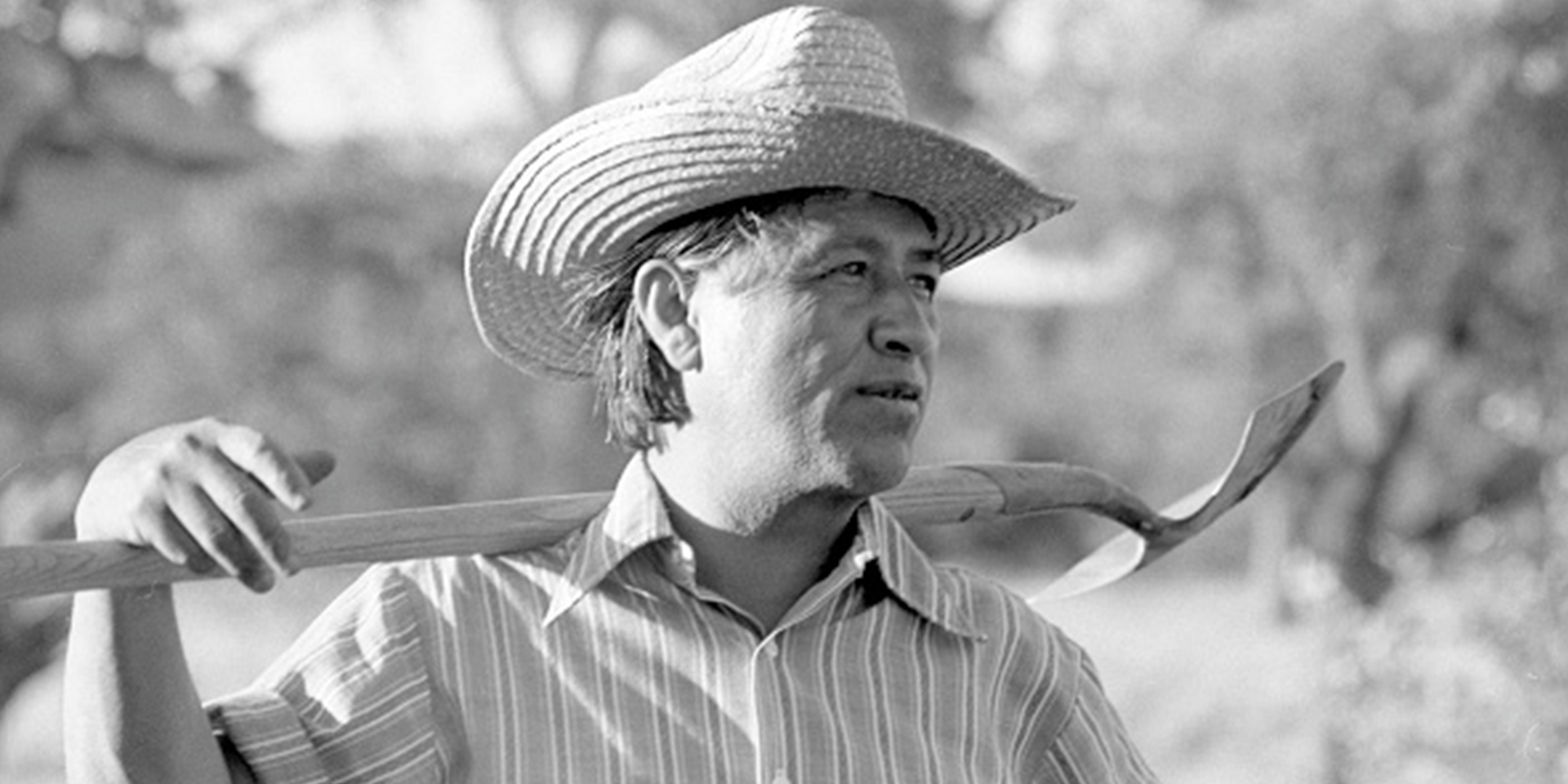Today, March 31 is Cesar Chavez Day, and for those of us in the Latino community, this day and year are more significant than others. As Latinos, we are in a political quagmire like we have never experienced before. Latinos are the targets of a xenophobic, anti-immigrant wave that is washing over our nation simply because a false narrative about our community has been constructed.
We have experienced this before, but not at this level. We now have a federal government that is condoning mass deportations, signing executive orders to make the “official” language of the nation English and denying our family and friends in our home countries the right to visit us. All deplorable acts, especially since our nation was, and is, built on immigrants and more significantly, immigrant labor.
So let me provide some facts that break the negative narrative. Latinos comprised 19% of the U.S. workforce (31.8 million in 2023), an increase of 69% since 2003, a rate of growth more than 10 times that of non-Latino workers. In fact, according to the U.S. Bureau of Labor Statistics, we are the nation’s fastest-growing population of workers.
Now, let’s take one more critical statistic as an example: About 77% of farmworkers in the U.S. identify as Latino, according to the National Agricultural Workers Survey (NAWS). At the same time, 43% of restaurant laborers and 26% of all food service workers are Latinos, according to data released by the National Restaurant Association. Just these statistics show that without Latino labor, Americans — that is, all of us — wouldn’t be able to feed ourselves and our families.
With all of that said, there is just a straightforward question to ask: “Without a Latino workforce, who is going to pick our food and serve it to us?”
So, on this Cesar Chavez Day, let’s not just remember the struggle of the Latino farmworker, which is still ongoing. But as we eat our lunch or dinner today, whether it was ingredients purchased at a grocery store or you went out to eat, whatever you ate, that meal would never have been possible without a Latino food industry worker.
Simply put, our nation cannot prosper, but more importantly, it cannot survive without a Latino workforce. In the words of the Latino civil rights movement, which started over 60 years ago, Sí, se puede/Yes, we can.
Yes, we can create a nation where those who harvest, supply and serve us our meals will receive the respect and dignity that they deserve for the hard work they do each and every day so that all of us can eat.
Julian Teixeira is chief communications officer at the Southern Poverty Law Center and a member of the Farmworker Justice board of directors.
Image at top: In a photo from 1975, Cesar Chavez works in the community garden at La Paz, California. (Credit: Cathy Murphy/Getty Images)


